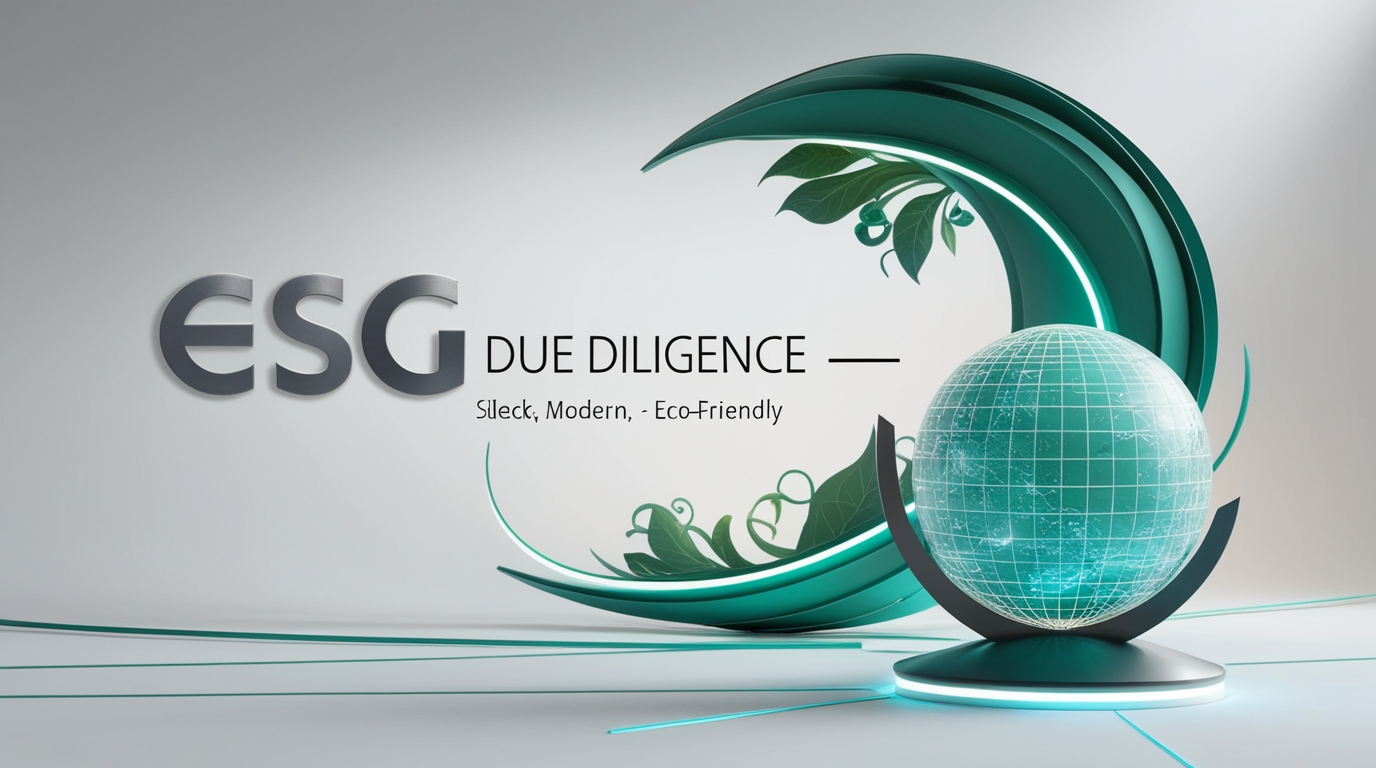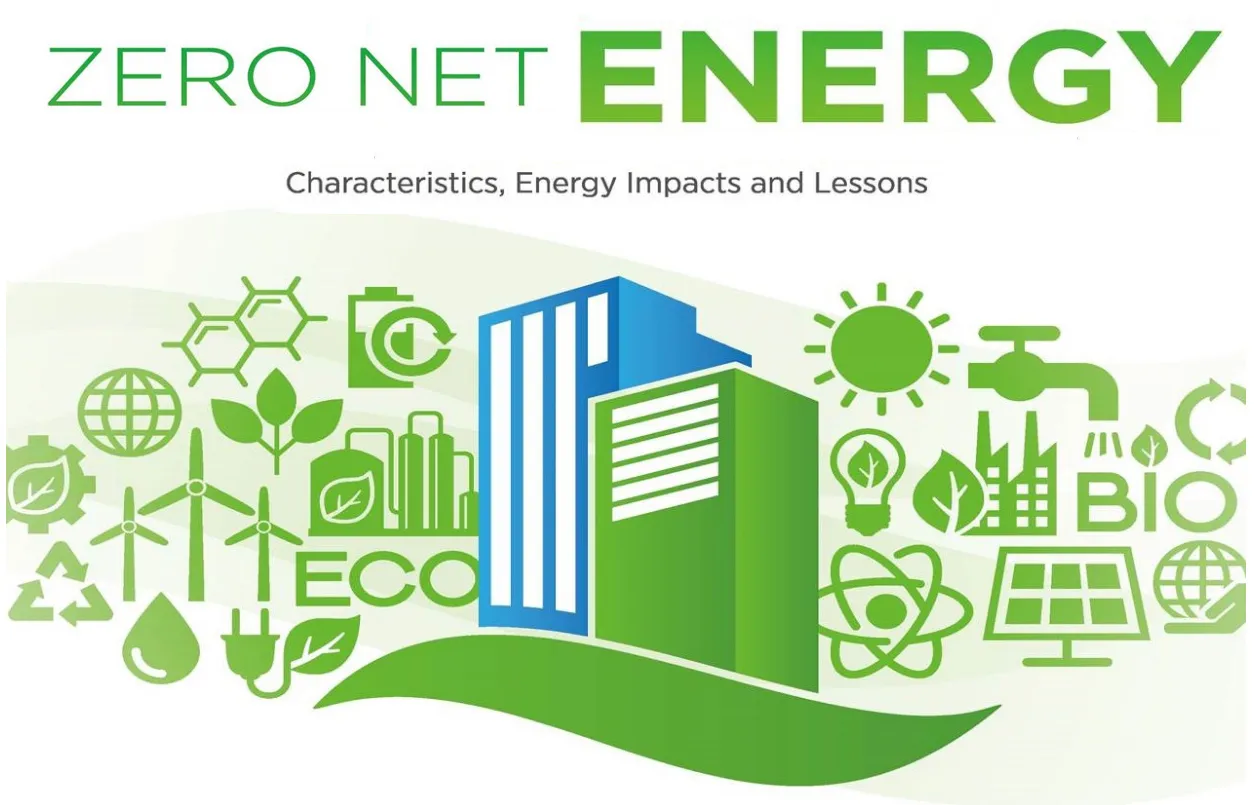ESG Due Diligence Strategic Approach to Sustainable Growth
Environmental, social and governance (ESG) factors are critical to investment decisions and corporate strategies. As business strives to create sustainable practices, ESG due diligence must be understood and applied. This blog explains what ESG fair labor entails, why it matters, and how organizations can effectively describe its impact.
What is ESG Due Diligence?
ESG due diligence is a systematic assessment of a company's environmental, social, and governance practices. This process is often conducted during mergers and acquisitions, investments, or partnerships, allowing stakeholders to assess potential risks and opportunities related to ESG factors. It involves analyzing a company's policies, practices, and performance against established ESG criteria, helping investors make informed decisions.
The Components of ESG Due Diligence
1 Environmental Factor: This factor examines the company's impact on the environment, including the company's carbon footprint, waste management practices, resource use and compliance with environmental regulations. Questions to consider include:
- What measures does the company take to reduce its impact on the environment?
- Does it have a sustainability strategy?
- How does it manage climate change-related risks?
2 Social factors: Social due diligence assesses a company's relationships with stakeholders, including employees, customers, suppliers and the communities in which it operates. Key considerations include:
- What are the company's labor practices?
- How does it engage with local communities?
- Is there a commitment to diversity and inclusion?
3 Governance factors: Governance due diligence focuses on internal matters to ensure that the company is managed in an ethical and transparent manner. Important aspects include:
- How are board members selected and compensated?
- What measures are in place to prevent corruption and unethical conduct?
- Is there a clear policy on shareholder rights?
Why ESG Due Diligence Matters
1 Risk Mitigation
One of the main reasons companies perform ESG due diligence is to identify and mitigate risks. Companies with poor ESG practices may face regulatory penalties, reputational damage, or operational disruption. By understanding these risks in advance, organizations can take proactive measures to address them.
2 Enhanced Investment Decisions
Investors are prioritizing ESG factors when making investment decisions. Studies have shown that companies with strong ESG practices perform better financially in the long run. ESG due diligence provides investors with the information they need to assess the sustainability and potential returns of their investments.
3 Stakeholder Trust and Reputatio
Stakeholders from customers to employees are increasingly informed and concerned about ESG issues. By demonstrating commitment to ESG principles through due diligence, companies can enhance their reputation and build trust with stakeholders. This trust can translate into customer loyalty, employee satisfaction, and increased brand value.
Implementing ESG Due Diligence
To effectively integrate ESG due diligence into corporate practices, organizations should consider the following steps:
1 Establish clear criteria: Define the ESG criteria that are most relevant to your industry and organization. This includes choosing the right framework and metrics for assessment.
2 Perform regular assessments: ESG due diligence is not a one-time event. Regular assessments ensure that companies comply with emerging regulations and stakeholder expectations.
3 Involve stakeholders: Involve a variety of stakeholders, including employees and community representatives, in the due diligence process. Their insights can provide a more comprehensive understanding of potential ESG risks and opportunities.
4 Use technology and tools: Leverage data analytics and specialized software to facilitate the due diligence process. These tools can help collect, analyze, and report ESG data more efficiently.
5 Communicate findings: Transparency is key. Once due diligence is complete, share the findings with relevant stakeholders. This not only builds trust but also demonstrates a commitment to continuous improvement in ESG practices.
Conclusion
ESG due diligence goes beyond regulatory requirements; It is a strategic approach that can drive sustainable growth and long-term value. As companies grapple with the complexities of the modern business landscape, integrating ESG factors into decision-making processes will not only enhance their reputation but also contribute to a more sustainable future. By prioritizing ESG due diligence, organizations prepare themselves to thrive in an increasingly conscientious marketplace, ultimately benefiting their bottom lines and the communities they serve.






